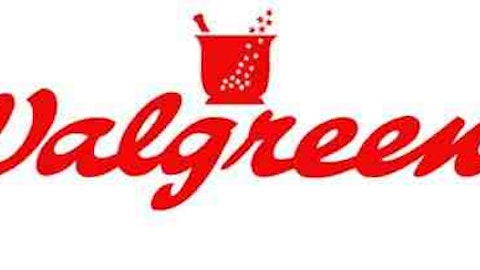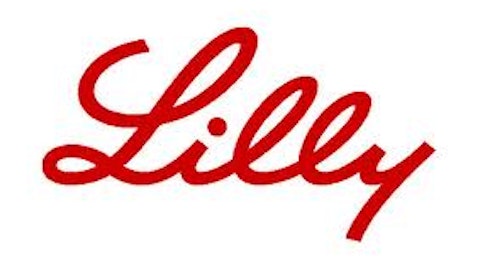Bristol Myers Squibb Co. (NYSE:BMY) is down 5% so far this year, as the company saw bad news break in early August when it suspended a trial for its prospective drug for treating hepatitis C following safety concerns. This followed Bristol Myers Squibb’s report that in the second quarter of 2012 its sales were down 18% versus the same period a year ago, reversing the increase in revenue it had experienced in the first quarter. The same pattern applied to net income: last quarter, earnings attributable to the company (income from noncontrolling interests was particularly high in Q1 2011) were down 28%, reversing the gains that it had made in the first quarter. The decline in revenue was primarily caused by lower sales of what had been Bristol Myers Squibb’s leading product, Plavix, an antiplatelet drug which is designed to prevent heart attacks and strokes. Generic versions of Plavix came onto the market starting in May.
Wall Street analysts expect further decline in Bristol Myers Squibb Co.’s business, as the current stock price represents a trailing price-to-earnings ratio of 16 but a forward multiple of 18. The company also deserves mention as a defensive play and potential income stock as its beta of 0.2 demonstrates that it is almost immune to movements in the broader market and it pays a dividend yield of 4.1%.
According to our database of 13F filings by hedge funds and other notable investors, the largest position in Bristol Myers Squibb Co. at the end of June belonged to Renaissance Technologies. Renaissance, a very successful hedge fund whose founder Jim Simons has become a billionaire, owned 13.3 million shares; this made it one of the fund’s top five holdings (see more of Renaissance’s favorite stocks). Adage Capital Management increased its stake by 28% to a total of 6 million shares (find more stock picks from Adage Capital Management). Samuel Isaly’s Orbimed Advisors, a healthcare-focused investor, also liked Bristol Myers Squibb as it was the fund’s second largest position at the end of June, with 5.1 million shares in its portfolio (research more stocks that Orbimed owned).
Bristol Myers Squibb is best compared to other large cap pharmaceutical companies such as AstraZeneca plc (NYSE:AZN), Merck & Co., Inc. (NYSE:MRK), Pfizer Inc. (NYSE:PFE), and Eli Lilly & Co. (NYSE:LLY). All four of these companies are cheaper than Bristol Myers Squibb on the basis of forward earnings estimates. AstraZeneca stands out when looking at these companies quantitatively, as it trades at 8 times consensus earnings for next year and in fact at 7 times trailing earnings. It also is not bad on the income front with a 3.9% dividend yield. However, its revenues and earnings were down 20-25% last quarter compared to a year earlier. Eli Lilly also saw double-digit percentage declines in these figures over the same period, and its dividend yield matches AstraZeneca’s. However, it is priced at a slight premium relative to that company at a forward P/E of 13.
Pfizer’s sales were down in its most recent quarter versus the same period last year, but its earnings were up 25%. The sell-side anticipates that the nearly $200 billion market cap company will grow its earnings over the next few quarters, and so it is priced at 19 times trailing earnings but only 11 times forward estimates. It’s not particularly a good value now, but is reasonably priced if it can meet its targets. Merck is in a similar situation: its trailing and forward P/Es are 21 and 12, respectively. Revenue was about flat last quarter versus a year earlier, but higher costs brought net income down. Between these two companies with similar valuation profiles, we’d prefer the one which has been experiencing earnings growth.
We don’t see any reason why Bristol Myers Squibb should be trading at such a premium to its peers. AstraZeneca is tempting based on its multiples, but we would need to check to make sure it can stabilize its business. Absent that, Pfizer looks to combine at least some earnings growth with a fairly low forward P/E.






